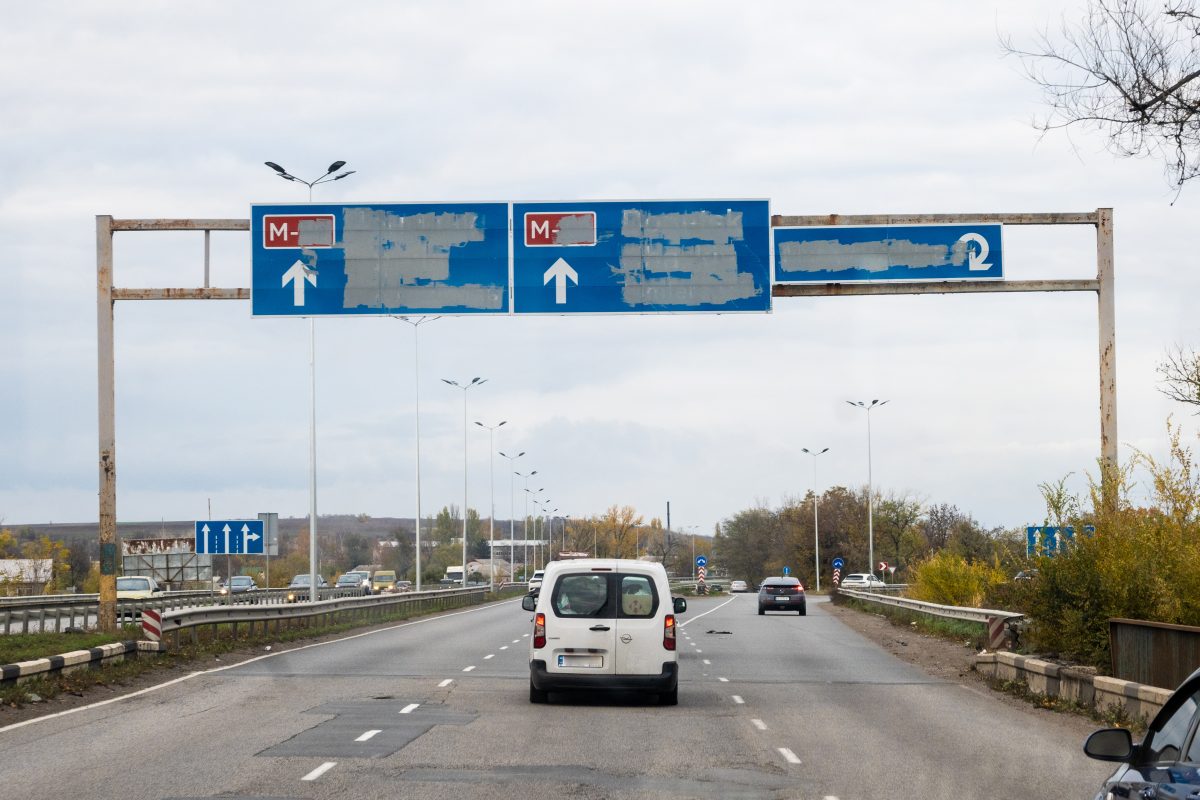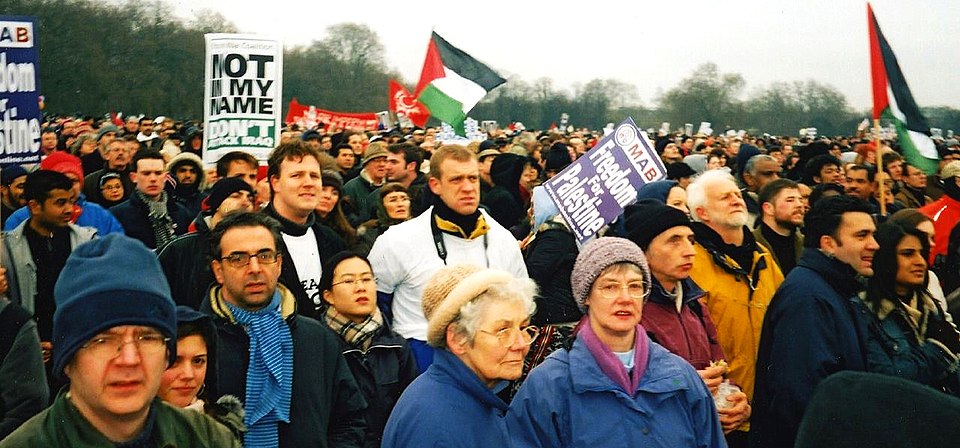I emigrated from Pakistan with my family at the age of 17 in 2010 and I have never returned. I never really felt an emotional connection to the country, the language, or the history. I was always eager to come to the West and assimilate there and my wish was fulfilled. Only after I read Frantz Fanon’s “The Wretched of The Earth” did I begin to feel a sense of patriotism towards the motherland. My sense of righteous anger at the legacy of colonialism-at-large found an expression towards colonialism as it shaped the lives of myself and those whom I perceive as my people.
The Notre Dame Cathedral fire occurred on 15th April, 2019. Within a week, nearly 1 billion Euros were pledged for its restoration. Not a single person died, nobody was displaced from their home. In humanitarian terms, this was a non-event. For a country that can never stop beating its chest about its secular humanism, the eagerness to restore a church to its former glory contrasts starkly with the indifferent response of the, comically named, international community. Laïcité seems like a cruel, taunting insult to the wretched of Pakistan.
The list of donors is worth highlighting. The French energy giant Total pledged 100 m, the chair of Louis Vuitton Moet Hennessy (LVMH) pledged another 100, Francois-Henri Pinault pledged 100, the heirs to L’Oreal pledged 200 more, the city of Paris pledged 50. Half a billion Euros pledged on a whim in a grotesque auction for public self-aggrandisement. Why is it that any entity in the world has the power to allocate such sums to satisfy their own vanity? But perhaps more immediately, how were (and still are) these fortunes generated in the first place? How much did their generation contribute towards the destruction wrought on the biosphere which precipitated the catastrophe in Pakistan?
Even though the lands of Pakistan were colonised by the British, today, in the age of the “Rules Based International Order”, the people and the land can be exploited by capital of any nationality. It is in short, an economic and environmental gang rape facilitated by institutions like the IMF and the World Bank. Greenhouse gas emissions have no nationality. To reiterate, Pakistan is ranked within the top 10 most vulnerable countries to climate change, despite ranking around 158th in the world for emissions. In light of this frightening divergence, I feel comfortable highlighting the French response to the Notre Dame fire and the French state’s barbaric response to the floods. A web search for stories on money or support pledged by the French state or actors yields nothing in terms of money and little in terms of aid that is commensurate with the scale of the crisis.
But if France, with its hypocrisy and wealth built on colonialism, both new and old, is a chief accomplice of this catastrophe and its perpetuation, then the UK and the USA are the primary conspirators.
“Colonialism hardly ever exploits the whole of a country. It contents itself with bringing to light the natural resources, which it extracts, and exports to meet the needs of the mother country’s industries, thereby allowing certain sectors of the colony to become relatively rich. But the rest of the colony follows its path of under-development and poverty, or at all events sinks into it more deeply.” – Frantz Fanon, The Wretched of the Earth
Fanon is speaking through the map at the top of this article. Almost the entirety of Balochistan has been affected, even in areas far flung from the Indus River, the primary conduit for flooding. Khyber-Pakhtunkhwa, until 2010 referred to by its colonial name: North West Frontier Province, is similarly affected. The river Indus merges with the flows of the other four rivers of Punjab (Sutlej, Ravi, Chenab, Jhelum) at the border between Sindh and Punjab. Roughly a third of Sindh comprises the Thar desert and is therefore extremely vulnerable to flooding. A catastrophic increase in river volumes would make Sindh difficult to defend as the river swells up downstream. But the damage caused upstream and across in Balochistan are, at least partially, the consequence of the wounds of imperial neglect.
The British government has offered a miserly package of £15 million, or 46p per person displaced. The United States is providing $30 million, 91c per person displaced. Contrast this with the estimates of value extracted from the Indian sub-continent (in the order of trillions in present value) or the money offered to successive Pakistani governments to help prosecute, first the Soviet-Afghan War, and then the War on Terror. The US Congressional Research Service estimates US aid to Pakistan’s military since 2001 to be over $10 billion. The US military is estimated to have emitted 23.4 MTe CO2,eq in 2017. The entirety of Pakistan’s emissions in 2017 were approximately 221 MTe CO2,eq. The confluence of historic economic plunder and present-day environmental vandalism has turned Pakistan into perhaps the first victim of eco-colonialism. The effects of such widespread destruction of homes, crops, and livestock in conjunction with country-scale displacement through a single climate change induced event is without precedent. Countries in the Global South may see what has happened to Pakistan and ask themselves: “Are we next?”.
In light of these facts, the moral outrage of such preventable devastation is already unfathomable to the mind, but it would be remiss not to address one final element to its causality; the role of the IMF and debt. Governments across the Global South are familiar with the dreaded structural adjustment programs that condition any transfer of financial aid from the IMF. In practice, the IMF acts like a loan shark preying on the desperation of the very countries that emerged in the period of decolonisation after the second world war. In Pakistan’s case, this is illustrated by the fact that in 2022-2023 it is expected that 56.4% of tax revenues will service debts.
The demands of the IMF, as a rule, entrench indebtedness and make it impossible for these countries to progress beyond emerging market status. They become centres of unequal value exchange, providing raw materials and cheap labour to perpetuate the wealth and power of the Global North. Work by Jason Hickel and co-authors estimated that in the period 1960-2018, the Global North extracted $62 trillion dollars from the Global South through what they term “unequal exchange” i.e. paying less for something from abroad than what it would cost within the Global North.
Coupled with the entrenchment of economic relations mimicking the period of imperialism, the indebtedness imposed on Global South countries makes it impossible for them to adequately mitigate the impacts of climate change as a last resort. It leaves countries like Pakistan stripped of autonomy, forcing governments to beg at international gatherings like the COP Summit to provide for the harm they have been perpetrating for centuries, and then diligently obstructed through conduits like the IMF. The genealogical links between imperialism, neo-colonialism, and eco-colonialism are thus reified.
Contemporary Pakistani politics is similarly plagued by these legacies. Punjabi elites, the most populous and economically dominant province, coupled with their Sindhi counterparts (home to the largest city in the country) have monopolised political power since its inception. Bangladesh seceded after a brutal war of subjugation led by West Pakistan failed, geography and the intervention of India facilitating Bangladeshi independence. However, efforts to gain autonomy or independence within Balochistan have been brutally suppressed to the present day, with abductions a routine facet of political activism.
Khyber Pakthunkhwa has, owing to the War on Terror, been a similarly militarised region in the country, driven into the grip of religious fundamentalism on account of a war it had little say in participating in. Therefore the scale of devastation caused by these floods and the woefully inadequate response, at home and abroad, is the result of a synergistic function of colonial socio-political legacies, neo-colonial domination, and ecological collapse. The entirety of the Global South must unify to negate these synergies, casting off all old rivalries and apprehensions so that they do not suffer the same fate as Pakistan, one after the other.
You can find some sites where you can donate to Pakistan flood victims here. On Saturday, 17th September there will be a Solidarity Fundraiser for flood victims in Café Karanfil in Berlin Neukölln.




